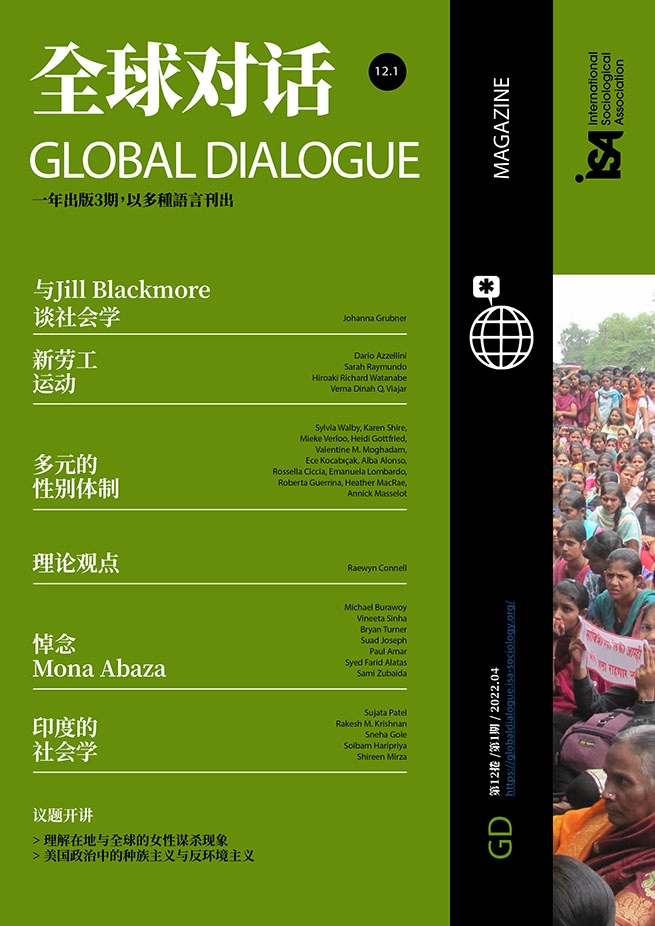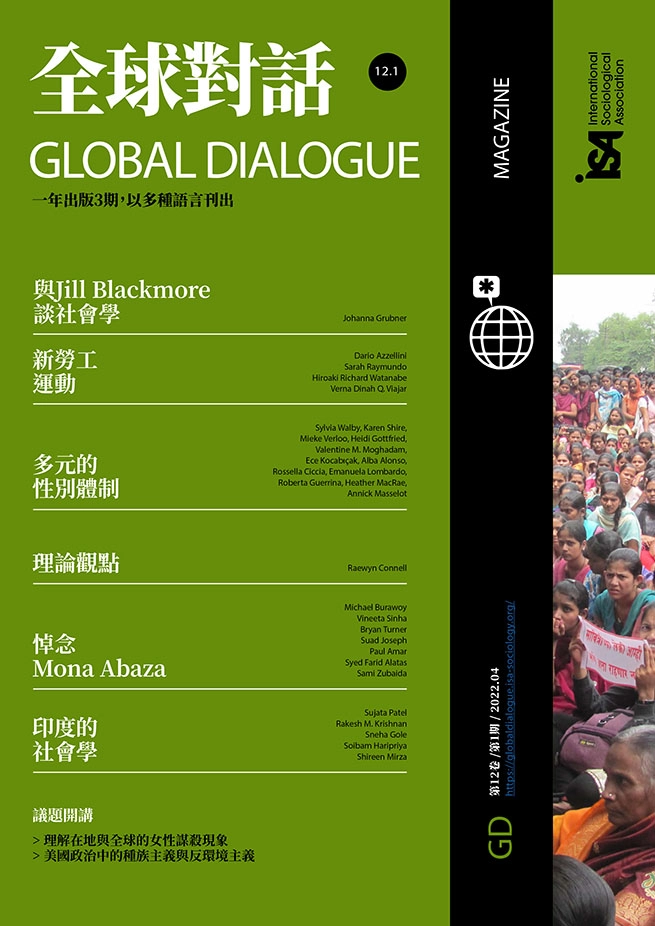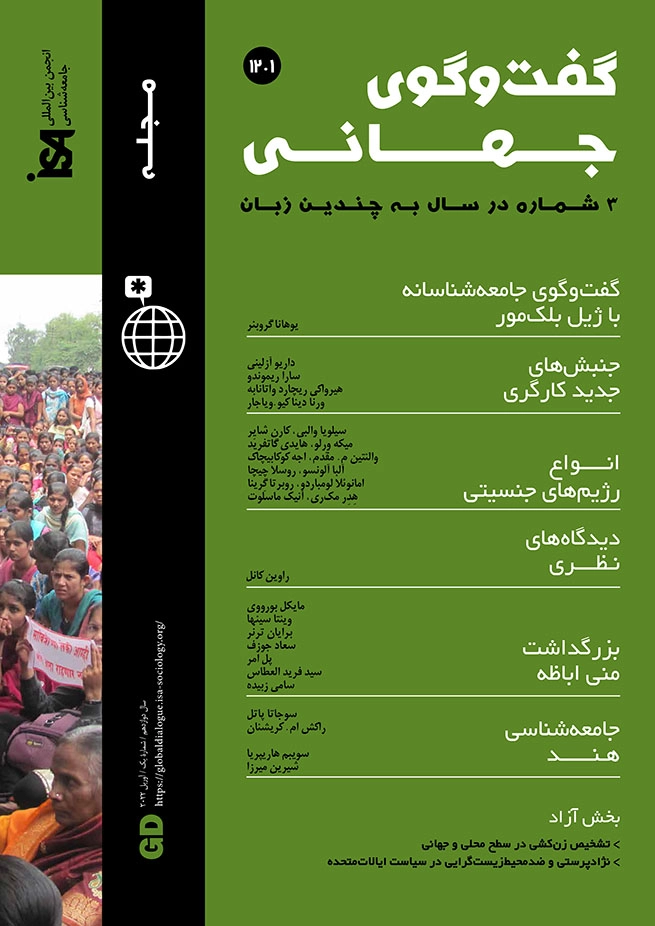Gender regime theory envisions two ideal-type trajectories for the development of public gender regimes. The first is a neoliberal trajectory, where opportunities for women to gain an equal position with men are opened by their equal access to competitive markets. This trajectory largely ignores the ways in which the gendered division of unpaid labor and the gendered segregation of labor disadvantages women. Social-democratic trajectories establish gender equality as a goal of all policies, most significantly, care policies and other social protections that equalize employment protections and guarantee women equal participation in political and economic leadership.
In terms of real cases, the US comes closest to the neoliberal gender regime, and Sweden to the social-democratic ideal. Both cases are similar in another respect – the development of their gender regimes are embedded in democratic paths to modernization. In a contribution to the Social Politics (2020) special issue on varieties of gender regimes, Kumiko Nemoto and I argued that the ideal types based on historical experiences of democratic modernization ignore the particularities of countries undergoing authoritarian modernizations. In our analysis of the historical constitution of gender regimes in two cases of authoritarian modernization – Germany and Japan – we argued that family codes were key in subordinating women within male-led households and establishing the family-household unit as a public social institution situated in the service of nationalist and militarist interests. Similar arguments about the legal embedding of gender hierarchies in the family are made in the same Social Politics special issue for other cases of authoritarian modernization in the MENA region (Moghadam), Turkey (Kocabıçak), and Spain (Alonso and Lombardo).
Family policy in Germany and Japan
Reforms to family codes in Germany and Japan during the democratizations following military defeat and foreign occupations in 1945 established domestic gender regimes largely on the liberal-market model of the US, but not completely. The gender hierarchies within the family household as the subsidiary unit of the nation was reconstituted in welfare and employment policy, in what gender scholars have called the male breadwinner model. The second-wave feminist movement in the 1970s achieved the reform of many remnants of the conservative family formation, for example in inheritance and divorce law. What have remained, however, are the responsibility of the family household for care and the tax and social policy supports for the male breadwinner family form. While no longer authoritarian, these gender regimes remained conservative well into the 2000s, when concern with rapid aging, low fertility, and declining labor supplies aligned conservative political policies with social and liberal democratic forces to reform the social organization of care and improve women’s employment rates.
The Swedish social-democratic gender regime was not, however, the model for these reforms; nor, I argue, could it be. Like many continental European countries, social welfare in Germany and Japan is financed through income deductions to social insurance, and protections are extended to dependent family members. This welfare mix continues to make women in families available for unpaid care. It also makes the Swedish solution of tax funding and public facilities politically unfeasible. Instead, the issue of reducing women’s care burden has been formulated as family policy, and the support of women in families as enabling a better work-family balance. In both countries, family policy has intervened into the social reorganization of child- and elder-care. In neither, however, has family policy socialized care as in Sweden, or upset the gendered division of unpaid care labor.
What has family policy accomplished? The gendered logic of family policy becomes evident when the focus is on the most acute forms of care – of infant children, and of elderly who can no longer live on their own independently. In both Germany and Japan, family policies have kept both forms of care all-in-the-family.
Programs to expand early childcare have failed to cover the majority of children between the ages of one and two. In Germany, where EU pressures led to reforms, the slow expansion in care for this age group (to 34% coverage) was accomplished by measures to expand the provision of care by “day mothers,” reinforcing the role of women – albeit in other families – in the care of young children. In Japan, women are now allowed to extend their maternal leaves beyond one year if they remain on a waiting list for a place in a childcare facility.
In elderly care both countries introduced long-term care insurance over 20 years ago. The new markets created for eldercare services, however, are explicitly aimed at supplementing rather than socializing care provided by family members. State support for expanding private market services rather than socializing care suggests a neoliberal trajectory of change in gender relations.
The search for a feasible social-democratic alternative
Is there no alternative to the neoliberal public gender regime? The search for an answer concerns alternatives to the Swedish form of social-democratic gender regimes. In this search, at least the starting point is clear: the de-traditionalization and erosion of the conjugal/biological family as a basic unit of social care through a social reorganization of intimate relations and a new moral economy of care informed by the goal of gender equality.
In Germany and Japan, harkening back to experiments in reorganizing intimate relations in the 1968 student and feminist movements, there is evidence of a creative capturing of state subsidies and insurance premiums to create alternative forms of child- and elderly-care outside the family. In Germany, cooperatives of day mothers, along with day father care in rented spaces, and elderly co-living situations where seniors pool their insurance premiums to hire their own caregivers are examples. In Japan, women-led nonprofits providing high quality care and decent work to paid women and increasingly also men as caregivers are increasingly visible in elderly care, but also in early childcare.
The search for a feasible social-democratic alternative for modernizing gender relations in the conservative gender regimes is likely to begin with the end of the family as we know it.
Karen Shire, University of Duisburg-Essen, Germany, and Vice-President of ISA Research Committee on Economy and Society (RC02), <Karen.shire@uni-due.de>





















